- Joined
- Oct 9, 2007
- Messages
- 47,682 (7.42/day)
- Location
- Dublin, Ireland
| System Name | RBMK-1000 |
|---|---|
| Processor | AMD Ryzen 7 5700G |
| Motherboard | Gigabyte B550 AORUS Elite V2 |
| Cooling | DeepCool Gammax L240 V2 |
| Memory | 2x 16GB DDR4-3200 |
| Video Card(s) | Galax RTX 4070 Ti EX |
| Storage | Samsung 990 1TB |
| Display(s) | BenQ 1440p 60 Hz 27-inch |
| Case | Corsair Carbide 100R |
| Audio Device(s) | ASUS SupremeFX S1220A |
| Power Supply | Cooler Master MWE Gold 650W |
| Mouse | ASUS ROG Strix Impact |
| Keyboard | Gamdias Hermes E2 |
| Software | Windows 11 Pro |
Apparently there's a "slim" chance of users actually being affected by the recently-discovered chipset design error plaguing Intel's Cougar Point 6-series chipsets that drive the SandyBridge processors. Intel pegs this at 5% performance degradation caused due to data transfer errors over a period of 3 years. Users of Romanian tech community Lab 501 found out a way of detecting if your hard drives connected to the damage-prone SATA ports are already showing signs of errors.
To do so, you need the HD Tune Pro software, you can try out the Pro version. Select a hard drive connected to the damage-prone SATA 3 Gb/s port, click on the "Health" tab. HD Tune checks out various self-diagnostic parameters of the drive, including SMART values. A drive connected to an affected port should fail a number of tests as shown in the screenshot below. As a stopgap solution, you can connect the drive to one of the SATA 6 Gb/s ports available. Most motherboards should have 2 internal 6 Gb/s ports, some have additional 6 Gb/s ports driven by 3rd party controllers. It's advisable to use ports of those controllers. This stopgap fix should pull you through till April-May, when motherboard vendors are expected to have motherboards with B3 revision of the Cougar Point chipset. You can then claim replacement of your board under warranty.
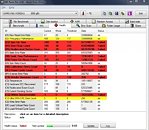
View at TechPowerUp Main Site
To do so, you need the HD Tune Pro software, you can try out the Pro version. Select a hard drive connected to the damage-prone SATA 3 Gb/s port, click on the "Health" tab. HD Tune checks out various self-diagnostic parameters of the drive, including SMART values. A drive connected to an affected port should fail a number of tests as shown in the screenshot below. As a stopgap solution, you can connect the drive to one of the SATA 6 Gb/s ports available. Most motherboards should have 2 internal 6 Gb/s ports, some have additional 6 Gb/s ports driven by 3rd party controllers. It's advisable to use ports of those controllers. This stopgap fix should pull you through till April-May, when motherboard vendors are expected to have motherboards with B3 revision of the Cougar Point chipset. You can then claim replacement of your board under warranty.

View at TechPowerUp Main Site












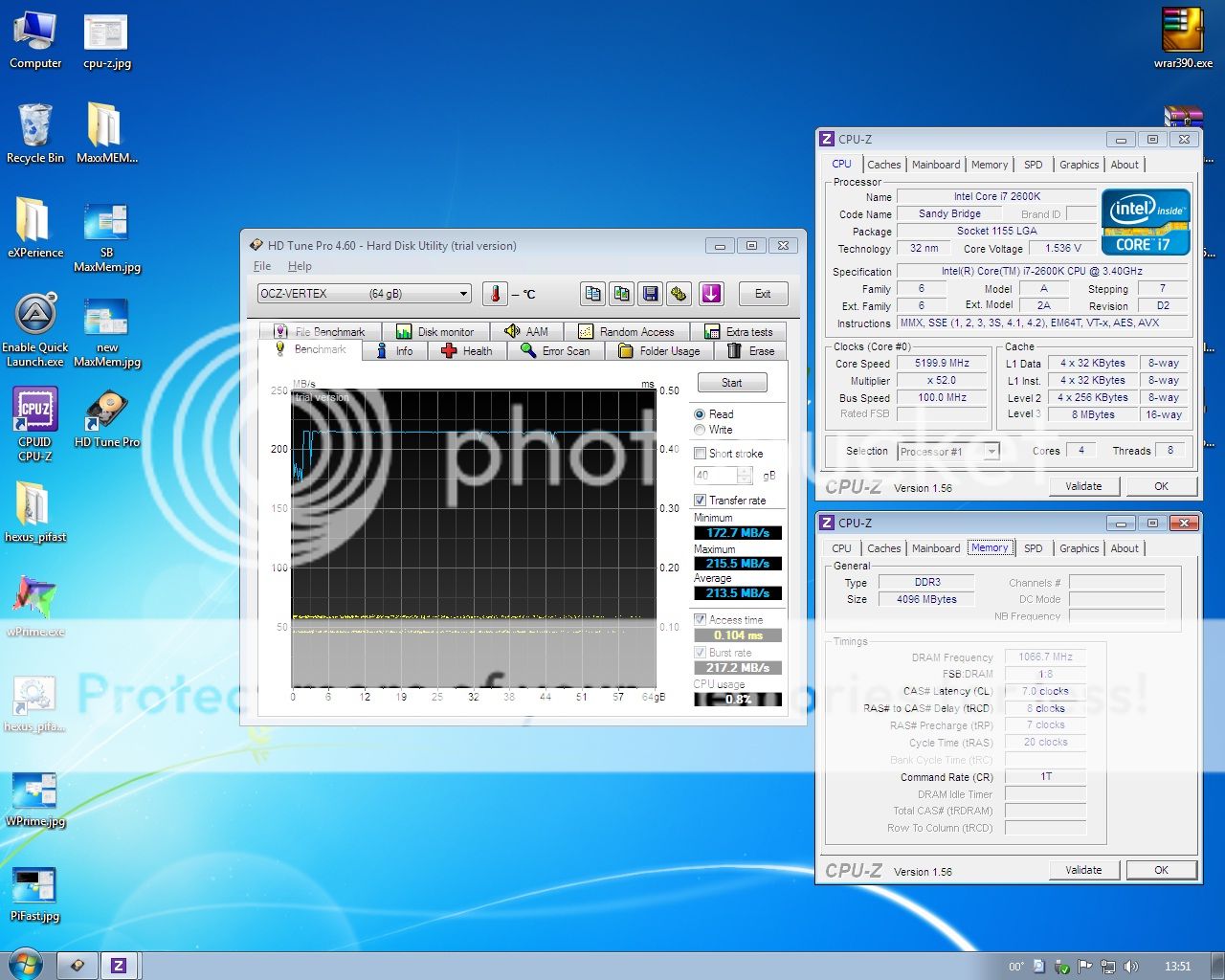
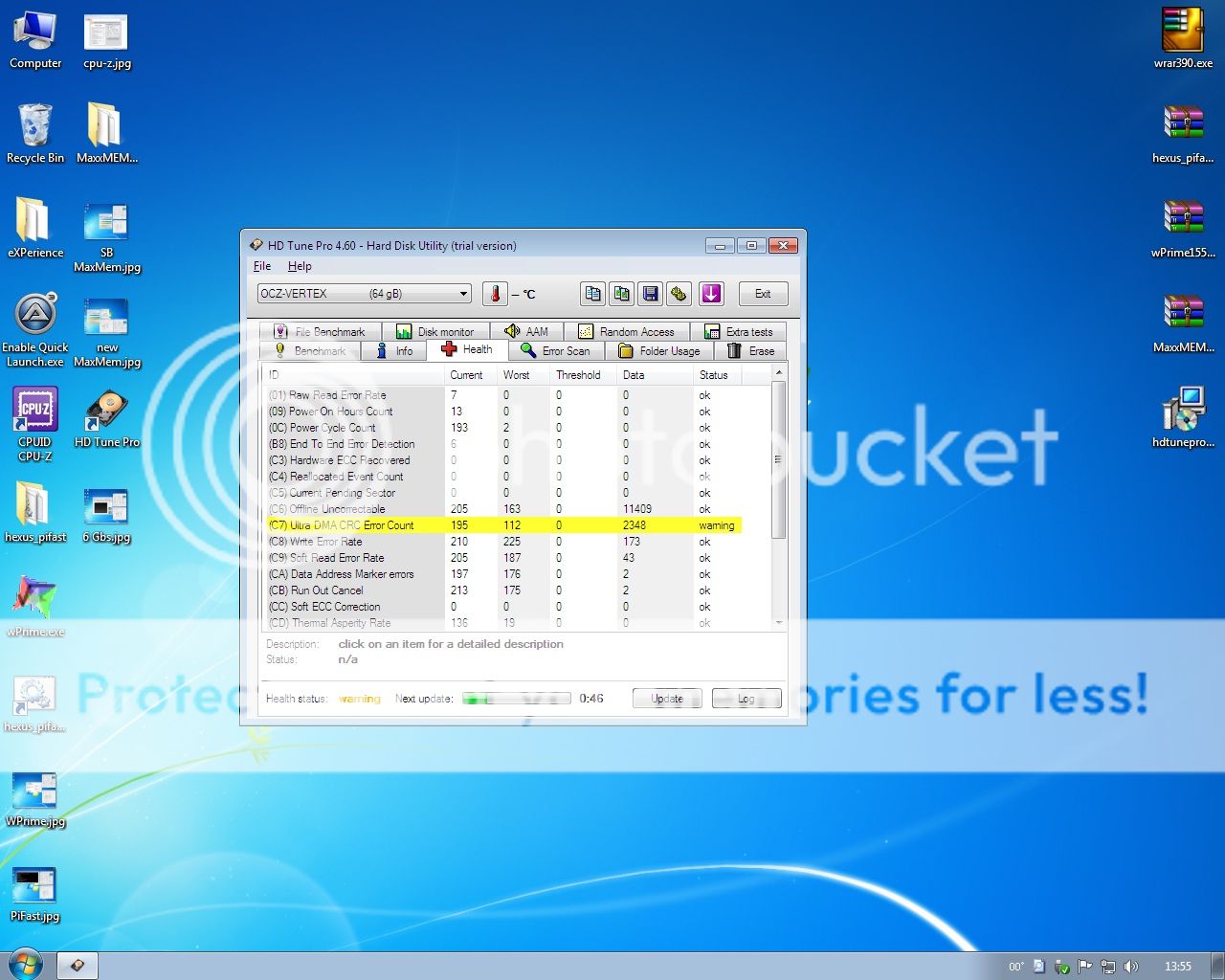
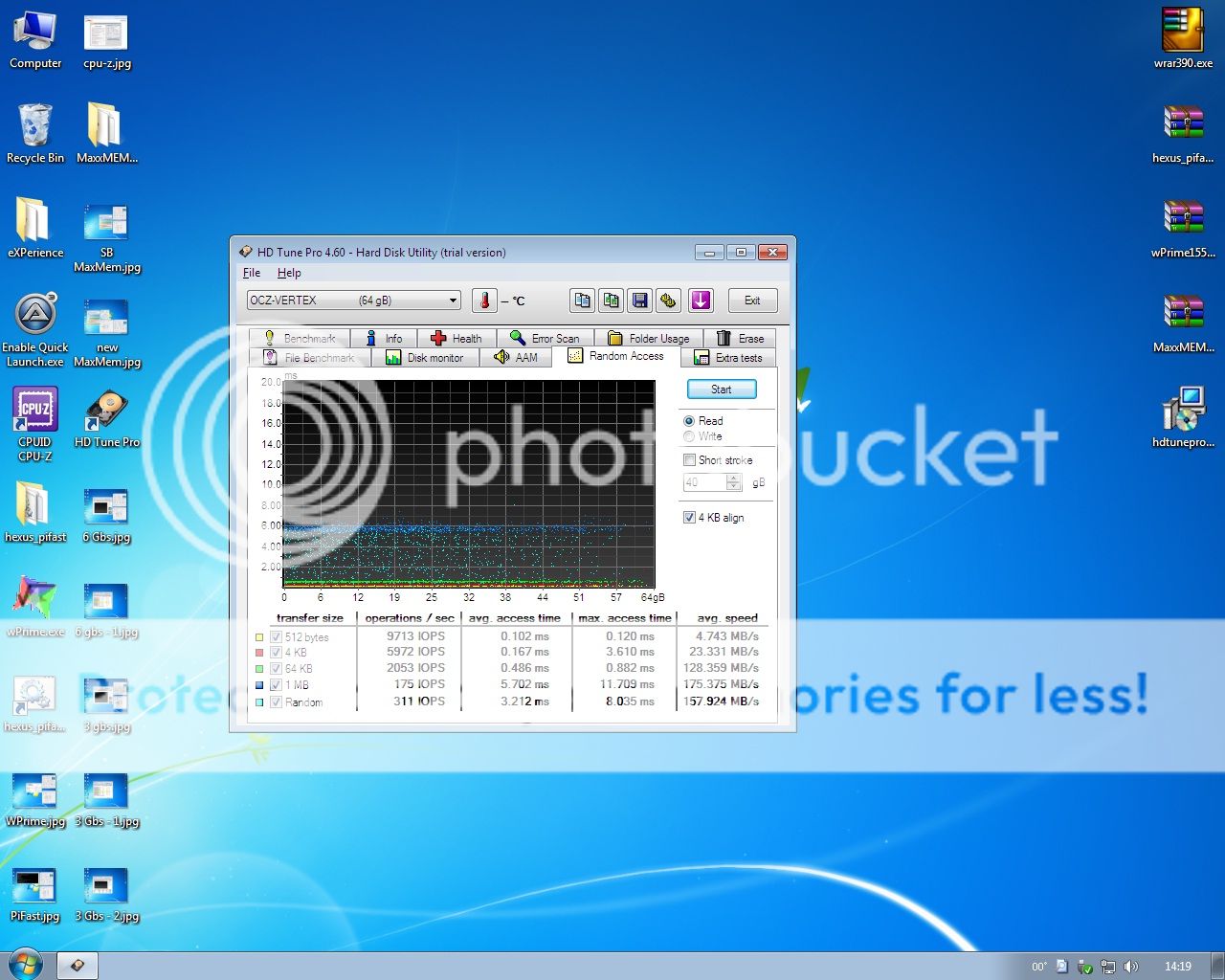
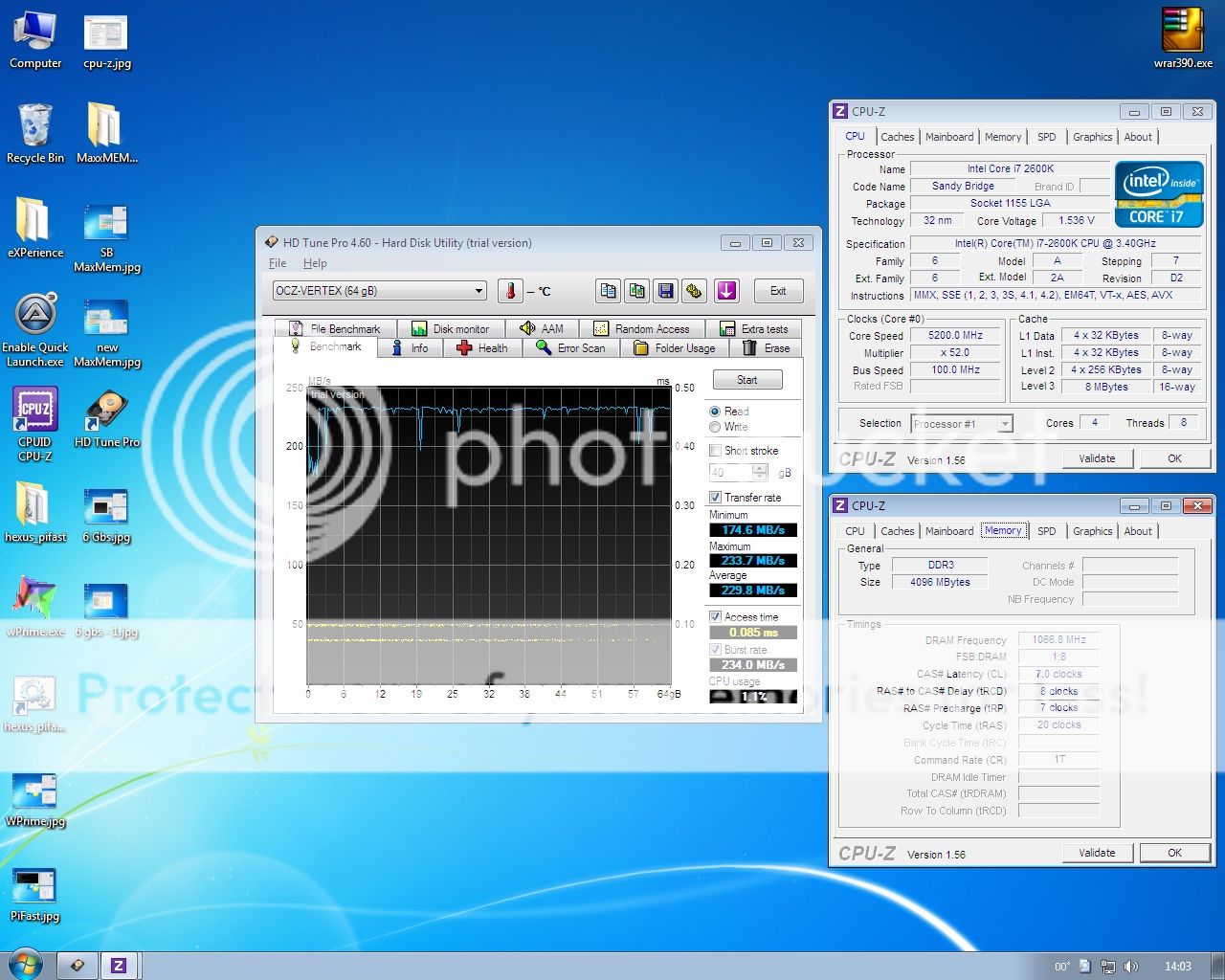
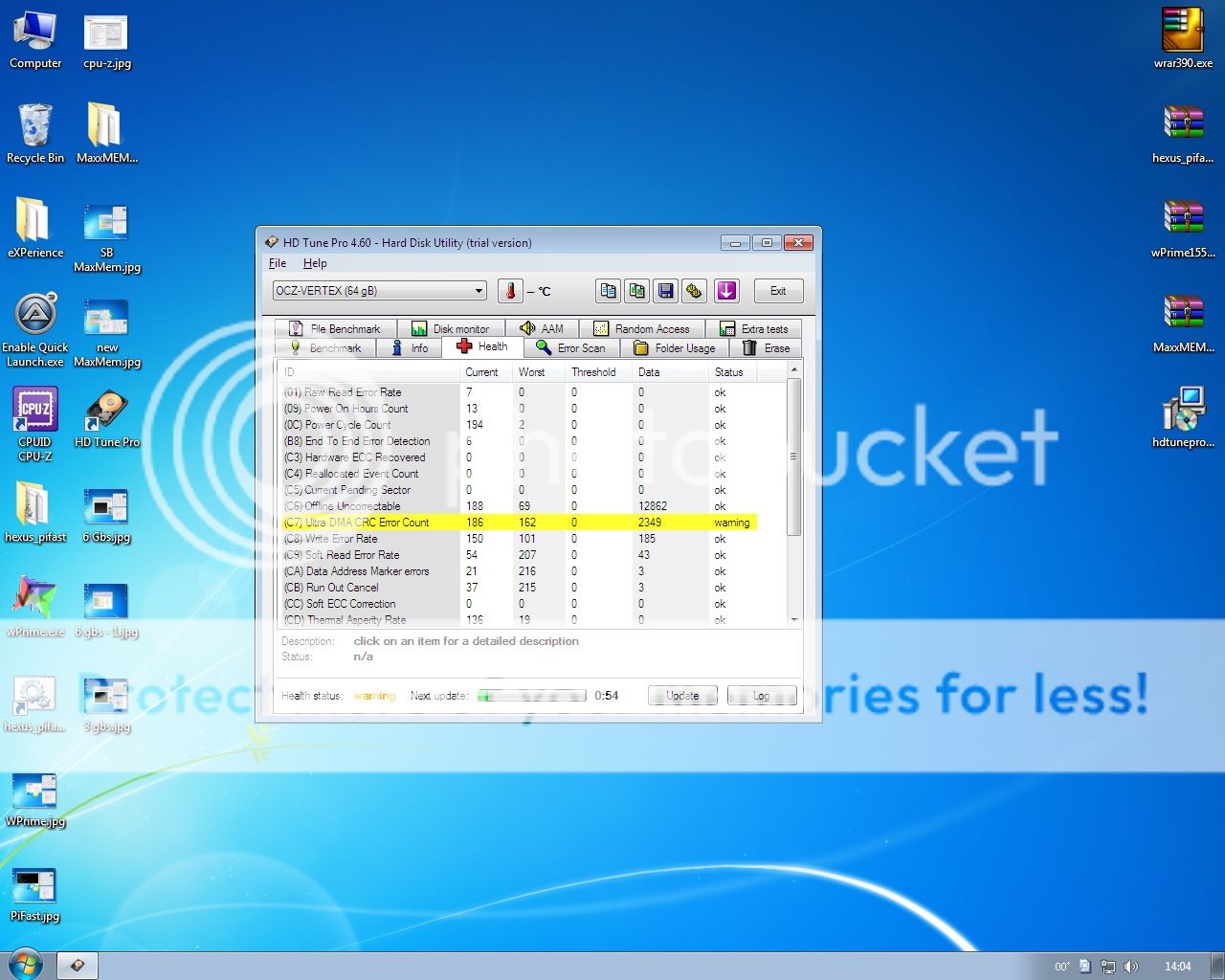
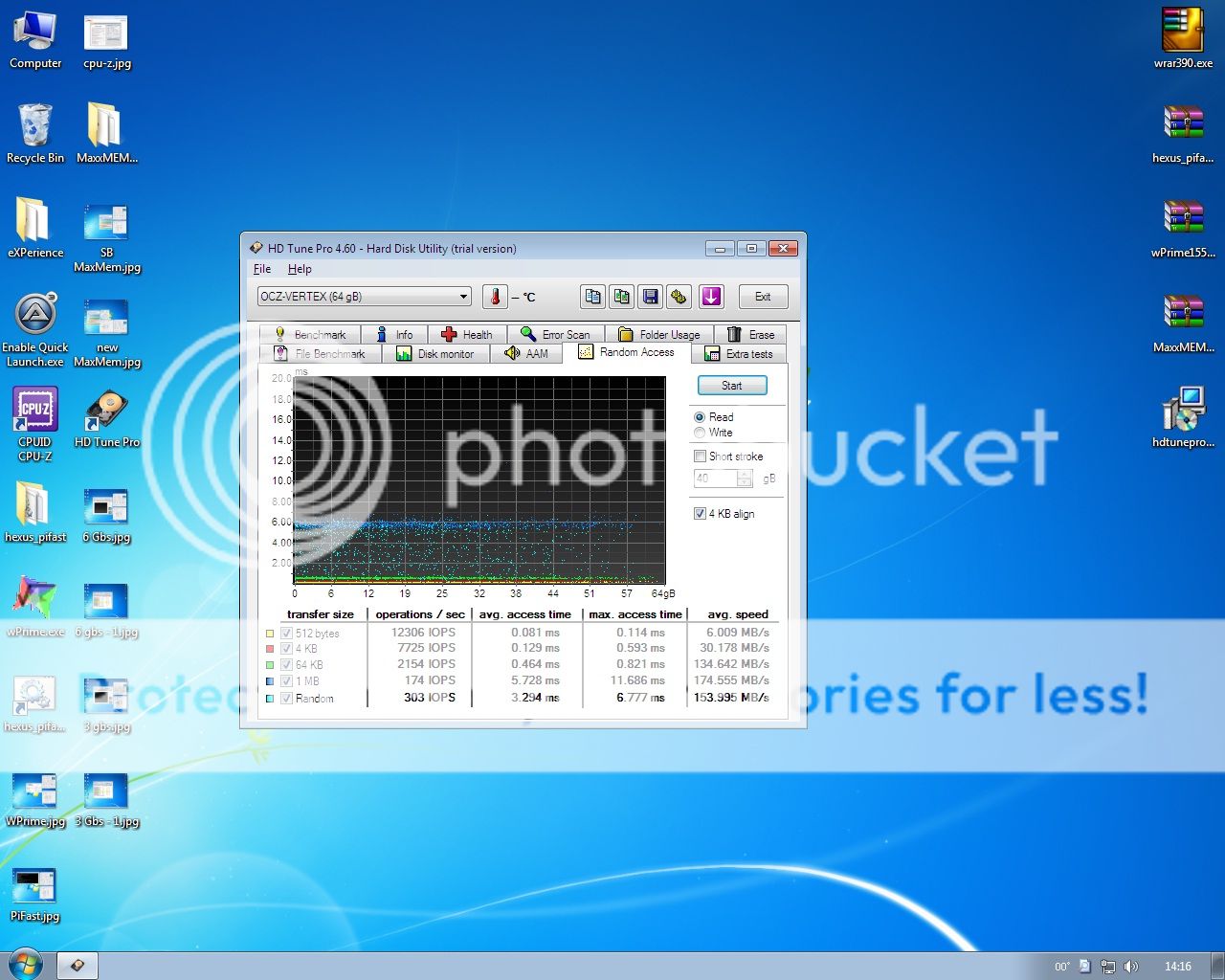

 its only funnier that they have repaired them and called them B3's
its only funnier that they have repaired them and called them B3's